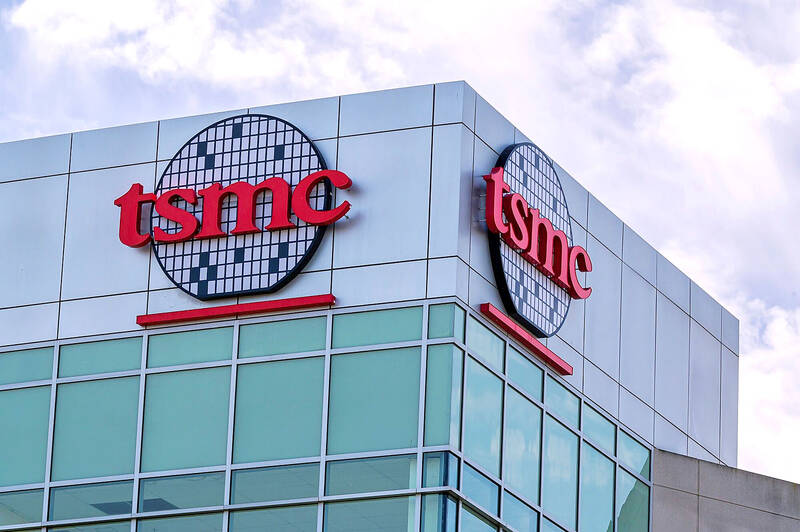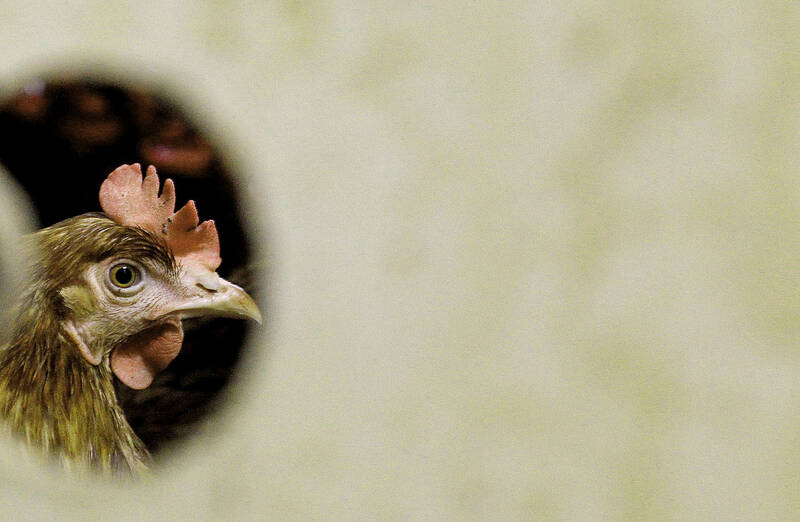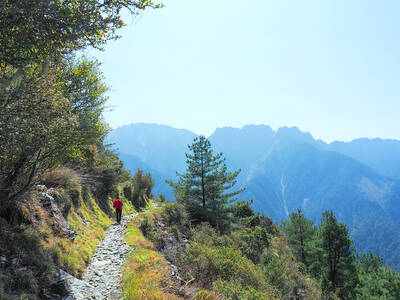Last week, Viola Zhou published a marvelous deep dive into the culture clash between Taiwanese boss mentality and American labor practices at the Taiwan Semiconductor (TSMC) plant in Arizona in Rest of World. “The American engineers complained of rigid, counterproductive hierarchies at the company,” while the Taiwanese said American workers aren’t dedicated. The article is a delight, but what it is depicting is the clash between a work culture that offers employee autonomy and at least nods at work-life balance, and one that runs on hierarchical discipline enforced by chickenshit. And it runs on chickenshit because chickenshit is a cultural norm in Taiwan.
WHAT IS CHICKENSHIT?
Paul M. Fussell defines it in his brilliant Wartime: Understanding and Behavior in the Second World War. Fussell writes that it is what “makes military life worse than it need be: petty harassment of the weak by the strong; open scrimmage for power and authority and prestige; sadism thinly disguised as necessary discipline; a constant “paying off of old scores”; and insistence on the letter rather than the spirit of ordinances.” It is called chickenshit instead of horse- or bull-, he notes because it treats the trivial as serious. “Chickenshit can be recognized instantly,” he says, “because it never has anything to do with winning the war.” The Americans responding to TSMC chickenshit are attempting to articulate that thought: they recognize it instantly because it never has anything to do with making a profit.

Photo: Bloomberg
Taiwan chickenshit starts almost from birth. It is the teacher getting out a ruler to measure students’ hair to see whether it is the right length. It’s the school disciplinary official standing on a shaded platform making a long speech while the children all stand in the sun. It is the death Hung Chung-chiu (洪仲丘), the recruit who died of multiple organ failure in 2013 after being denied water while being punished. It is the government of Miaoli, during the Dapu Demolition in 2013, asking the people whose houses it demolished to pay a fee for removing the remains, a fee equal to their compensation. It is the immense quantities of arbitrary, pointless paperwork (updated to endless PowerPoint presentations in the computer age), the seamless continuation of the immense quantities of largely useless homework workers experienced when they were students. It is the interminable meetings where leaders ramble on, unchecked: chickenshit loves to hear itself talk. It is the immigration bureaucracy demanding that Filipinos supply their parents’ birth certificate to obtain visas or marry here, and then rejecting the document because an initial was used for a middle name. In the petty punishments meted out to everyone in low positions: students, employees, even children by parents. It works in reverse as well: as chickenshit merchants in larval form, school bullies are almost never meaningfully punished. The system has to reproduce itself, after all.
LISTEN TO THE BOSS
Taiwan’s “boss culture” is defined by its chickenshit approach to everything. The demand for perfection with its consonant nitpicking. The requirement that employees punch out and then continue on to overtime. The jobs where one must clock in though that is unnecessary. The docking of pay for being a tiny bit late. The time lost in meetings. The public abuse for tiny errors: at universities where I worked at errors in grading had to be rectified at a public meeting, at which an explanation was demanded, though filing a simple paper would have sufficed. Public humiliation is a key component of chickenshit. The proper chickenshit response, of course, is to blame one’s assistant while earnestly promising that it will never happen again.

Photo: Reuters
That response to chickenshit among the lower ranking is universal — great earnestness, combined with great stoicism. The qualities we outsiders often admire in Taiwanese, that earnest, hardworking stoicism, the self-blame combined with thanks to the supervisor for the chickenshit correction, are coping reflexes for dealing with the constant flow of chickenshit from bosses. For example, an earnest thanks deflects away chickenshit by making the chickenshit merchant feel shame or guilt for their behavior. Similarly, the blame-avoidance reflex many foreigners who work in real Taiwan institutions (not hothouse bubbles like cram schools created in part to insulate foreigners from chickenshit culture) quickly acquire is a response to the constant chickenshit search for someone to blame.
Uniforms too, are both chickenshit and a response to it. They have the same function that stripes on a zebra do: they reduce the chance of being targeted; even if they do carry a certain risk (“Your shirt is the wrong shade of blue. Fix it!”). Chickenshit, as Fussell observes, zeroes in on people high in individuality: the empathetic, the artistic, the independent. The conformism that foreigners often deplore is a survival response in chickenshit culture.
Fussell observes there is one place in the war where there is no chickenshit: the front line. Like many who have considered the social function of chickenshit in western armies, he concluded that its purpose was to make ordinary soldiers long for combat. In Taiwan boss culture has an analogical function: workers throw themselves into work as a way to escape chickenshit.
The irony is that the chickenshit culture of Taiwan firms lowers productivity and reduces efficiency. Most studies show, for example, that greater worker autonomy raises productivity. Taiwan bosses do not reap the cost-savings and productivity gains from having workers work remotely or on flex time. Chickenshit work cultures reduce organizational learning, stress out staff and lead to high turnover. Because everyone knows that Taiwan work culture is a horror show with low salaries, long hours and reduced autonomy, skilled foreign workers won’t come, and skilled locals leave. Just another of the thousand ways Taiwan’s chickenshit business culture is killing the nation’s future.
Democratization has helped, of course, by cutting work hours and increasing oversight, and by introducing regulatory regimes that sometimes even have teeth. Contrast the People’s Republic of China (PRC) across the Strait, with its extravagantly chickenshit habit of making the families of executed people pay for the bullet used to kill them, or forcing petitioners to wait years in line.
But the habits of chickenshit die hard. This week the Taipei Times reported on a bill that would shorten the time required for foreign high-level professionals to apply for naturalization. Meanwhile the government and legislature know perfectly well that long-term foreigners have wanted a clear, simple path to citizenship for decades. Instead of a welcome, they rub the advantages given to high status transients in our faces.
That’s just chickenshit as immigration policy.
Notes from Central Taiwan is a column written by long-term resident Michael Turton, who provides incisive commentary informed by three decades of living in and writing about his adoptive country. The views expressed here are his own.

“Why does Taiwan identity decline?”a group of researchers lead by University of Nevada political scientist Austin Wang (王宏恩) asked in a recent paper. After all, it is not difficult to explain the rise in Taiwanese identity after the early 1990s. But no model predicted its decline during the 2016-2018 period, they say. After testing various alternative explanations, Wang et al argue that the fall-off in Taiwanese identity during that period is related to voter hedging based on the performance of the Democratic Progressive Party (DPP). Since the DPP is perceived as the guardian of Taiwan identity, when it performs well,

The Taiwan People’s Party (TPP) on May 18 held a rally in Taichung to mark the anniversary of President William Lai’s (賴清德) inauguration on May 20. The title of the rally could be loosely translated to “May 18 recall fraudulent goods” (518退貨ㄌㄨㄚˋ!). Unlike in English, where the terms are the same, “recall” (退貨) in this context refers to product recalls due to damaged, defective or fraudulent merchandise, not the political recalls (罷免) currently dominating the headlines. I attended the rally to determine if the impression was correct that the TPP under party Chairman Huang Kuo-Chang (黃國昌) had little of a

At Computex 2025, Nvidia CEO Jensen Huang (黃仁勳) urged the government to subsidize AI. “All schools in Taiwan must integrate AI into their curricula,” he declared. A few months earlier, he said, “If I were a student today, I’d immediately start using tools like ChatGPT, Gemini Pro and Grok to learn, write and accelerate my thinking.” Huang sees the AI-bullet train leaving the station. And as one of its drivers, he’s worried about youth not getting on board — bad for their careers, and bad for his workforce. As a semiconductor supply-chain powerhouse and AI hub wannabe, Taiwan is seeing

Jade Mountain (玉山) — Taiwan’s highest peak — is the ultimate goal for those attempting a through-hike of the Mountains to Sea National Greenway (山海圳國家綠道), and that’s precisely where we’re headed in this final installment of a quartet of articles covering the Greenway. Picking up the trail at the Tsou tribal villages of Dabang and Tefuye, it’s worth stocking up on provisions before setting off, since — aside from the scant offerings available on the mountain’s Dongpu Lodge (東埔山莊) and Paiyun Lodge’s (排雲山莊) meal service — there’s nowhere to get food from here on out. TEFUYE HISTORIC TRAIL The journey recommences with